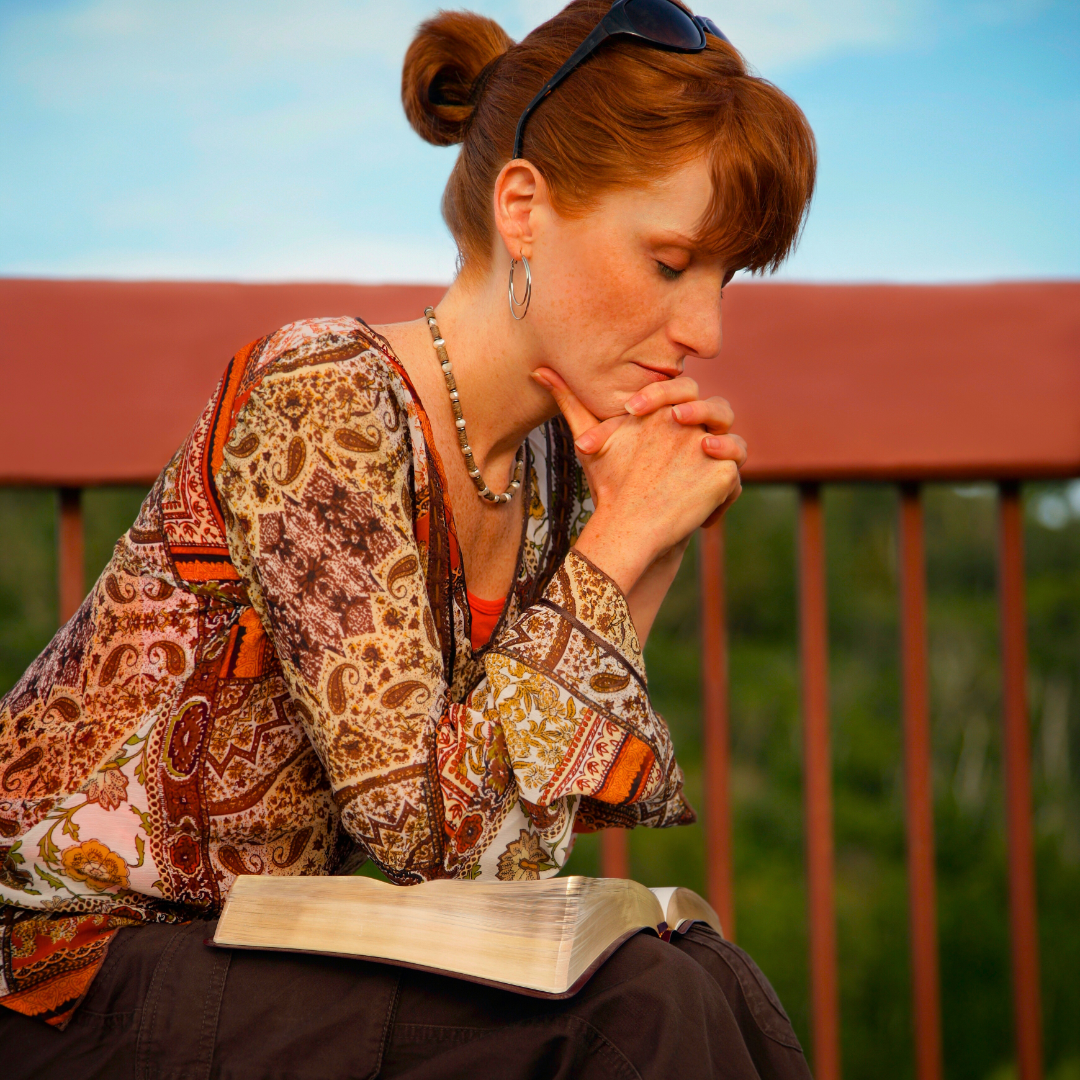
Asked to speak about responding to God's call, Jane Korvemaker considers the need to listen, trust, and be open to the unexpected.
My pastor invited me to speak to his Bible Study group the other day. “Generally speaking,” he told me, “they’re mostly retired folk who love their faith and want to connect with their community.”
The topic at hand? What it truly means to respond to God’s call in life.
He chuckled, “We’ve been reading about the call of Samuel and they wanted to know how a young lady would understand responding to God’s call.”
This request caught me off guard, apart from the generous compliment. Me? Speak to seasoned faithful Christians about responding to God’s call? I wondered if perhaps I needed a good reflection on what it means to be called by God.
A couple of things have become clearer for me:
- I can only respond to God’s call if I’m open to hearing Him, even unexpectedly.
- The extent of my trust in Him determines the fruitfulness of His work in me.

Listening to God and Being Receptive to Surprise
I am a catechist for the Catechesis of the Good Shepherd program. The central parable for the youngest children is found in John 10: the Good Shepherd. I've reflected over time on how these sheep "recognize his voice" (verse 4).
Similar to recognizing familiar voices like those of my husband, children, and mother, growing in an intimate relationship with our Shepherd is essential to discerning his voice amidst voices that are not the Shepherd’s.
We are shaped to hear Christ’s voice through two pillars of our faith: the Liturgy and Scripture. He speaks to us also in prayer, through other people and through creation, especially when we maintain openness to the Shepherd guiding us.
Amos serves as an example of what can happen when we’re open to God’s surprises. Despite his lack of training, he embraced God's unexpected call to prophesy:
Amos answered Amaziah, “I am not a prophet, nor do I belong to a company of prophets. I am a herdsman and a dresser of sycamores, but the LORD took me from following the flock, and the LORD said to me, ‘Go, prophesy to my people Israel.’ Now hear the word of the LORD." (Amos 7:14-16a
Here is a man who seemed satisfied with his life as a herdsman and a dresser of sycamores. Yet there came a point where he found himself called to speak out against Israel on God’s behalf. He illustrates what can happen when we remain open to unexpected paths, trusting in God’s plan even when it diverges from our own expectations.

Trusting God
We like control. We like clear expectations. We like to understand. Yet responding to God’s call often challenges these desires. Do I make control, expectations, or the need to understand into idols, replacing trust?
Jesus' conversation with Peter underscores the essence of trust in Him:
"When you were younger, you used to dress yourself and go where you wanted; but when you grow old, you will stretch out your hands, and someone else will dress you and lead you where you do not want to go." (John 21:18
Jesus calls us to embrace this trust. It can go uncomfortably beyond societal norms and expectations. Just as Joan of Arc defied gender roles and age expectations to lead soldiers into battle, responding to God's call can require us to step outside conventional boundaries.
Hildegard of Bingen's remarkable life illustrates this trust beautifully too. She didn't write her first work until age 42, and at age 65 she preached a scathing public sermon to clerics, admonishing them for their sins which were turning people away and into the arms of the Cathar heretics. Instead of rebuking her, they wrote her requesting a copy of it!
The fruitfulness of Joan and Hildegard came from their freedom in turning their expectations over to God and trusting Him. The chains others saw on Peter (Acts 12:1-17) were rooted in his choice to embrace trusting Jesus. He knew that the freedom Christ won grants us the capacity to obey our Shepherd’s call; the irony of his being physically clapped in chains but one of the most unshackled people in prison should not be lost on us. The only thing holding us back from a fruitful response is how much we refuse to be unshackled, remaining bound but comfortable in our expectations, our control, and our need to understand.
The Holy Spirit who dwells in us is radiating his fire and zeal; we are called to shine as crystal vessels so that the glory of God may be revealed through us, fully alive. May the Spirit stir up our courage to be open and surrender ourselves in trust to our Shepherd.
Share your thoughts with the Catholic Mom community! You'll find the comment box below the author's bio and list of recommended articles.

Copyright 2024 Jane Korvemaker
Images: Canva
About the Author

Jane Korvemaker
Jane Korvemaker loves food, family, wine, and God (perhaps not in that order). She holds a Certificate in Culinary Arts, which pairs perfectly with her Bachelor in Theology. A former Coordinator of Youth Ministry, she writes from the beautiful and cold province of Saskatchewan, Canada. She works from home and takes care of her three very hard-working children. Jane regularly blogs at AJK2.ca.


.png?width=1806&height=731&name=CatholicMom_hcfm_logo1_pos_871c_2728c%20(002).png)
Comments